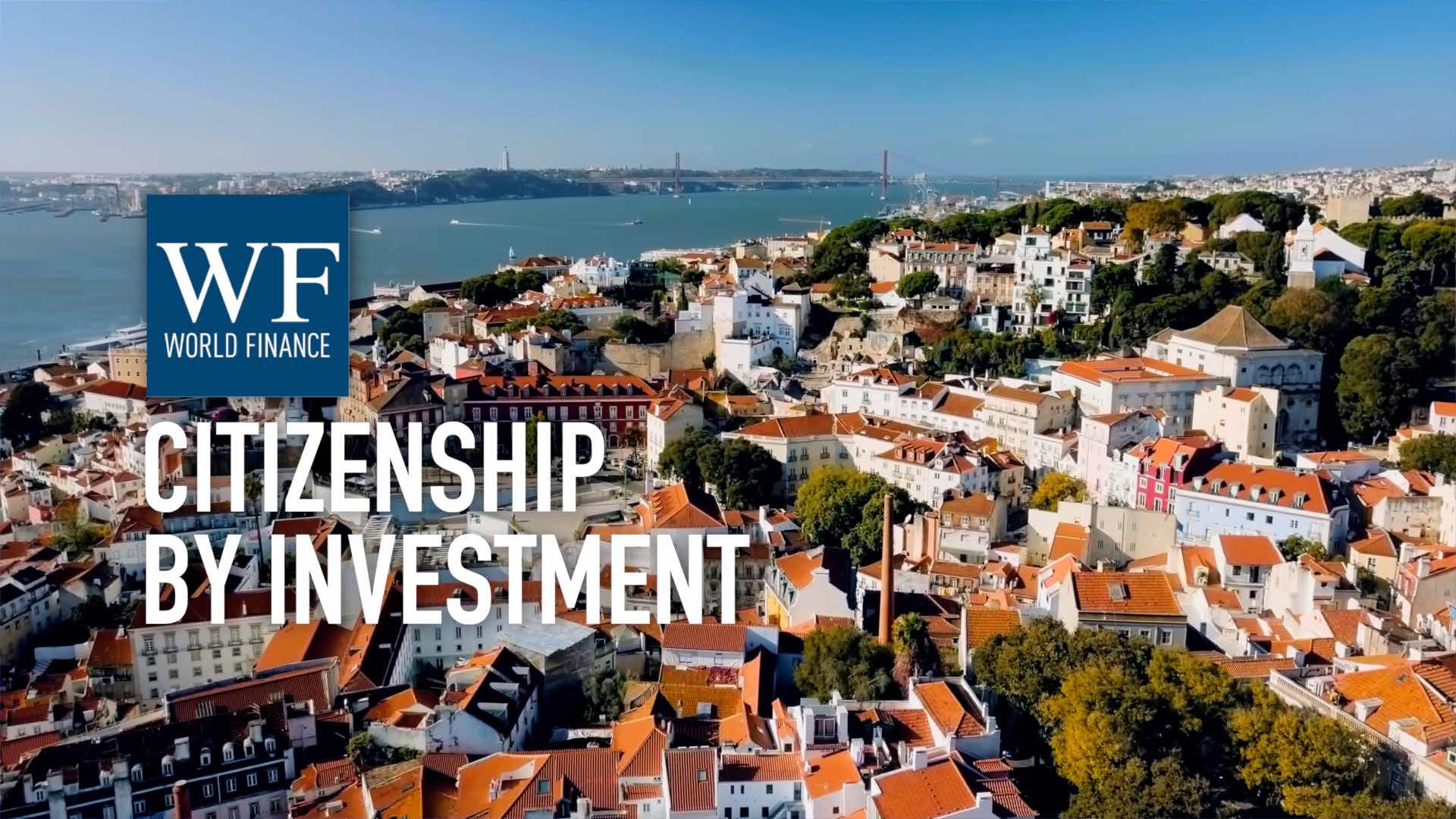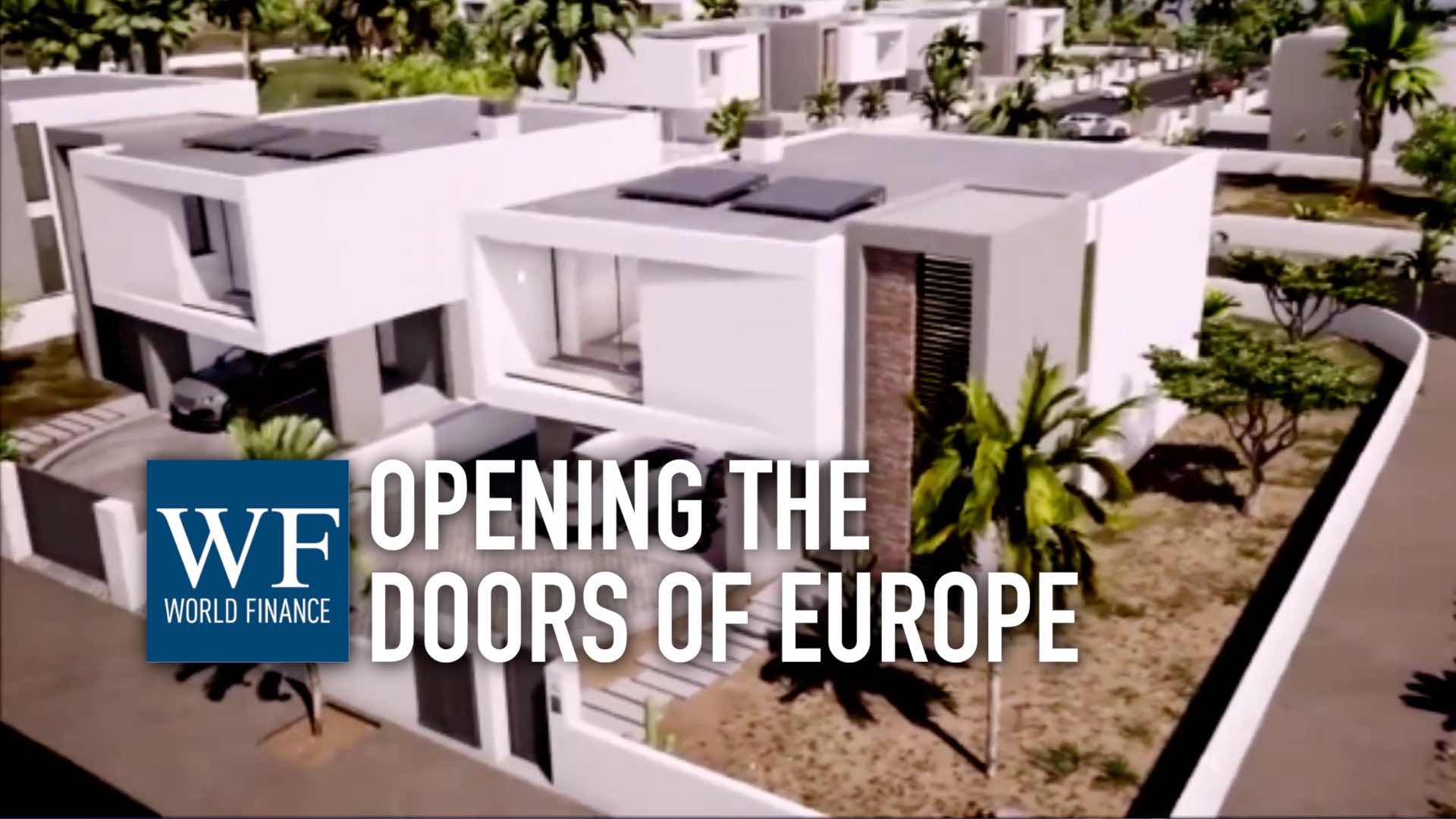Parpública on the importance of privatisation for Portugal’s economy
World Finance speaks to three representatives from Parpública to discuss how privatisation initiatives can promote Portugal’s economic growth
Related:
Transcript
The economic forecast for Portugal has taken a turn since becoming a eurozone bailout recipient. Part of the progress can be attributed to the country’s privatisation programmes. World Finance speaks to three representatives from Parpública – Isabel Castelo Branco (Secretary of State for Treasury), Sergio Monteiro (Secretary of State for Infrastructures Transport and Communications) and Manuel Rodrigues (Secretary of State for Finance) – to find out more.
World Finance: Sergio, state entity Parpública has been commandeering the process of privatising various airports, including Aeroportos de Portugal. Before the agreement was made, a new economic regulatory process was created. Tell me about it.
Sergio Monteiro: We started the privatisation process by changing the regulation, because the previous regulation was meant to develop a new airport. It was meant to be a green-field project, instead of the approach we took, which was to make better use of existing infrastructure.
We started a public consultation, in which we heard all stakeholders involved in the airport business directly and indirectly. And based on that information, we have decided to go closer to a model of dual-tail, instead of a pure single-tail. But taking into consideration all feedback received from airlines.
So we believe that we have a regulation in which the interests of the airport owner, the airlines, and the Portuguese economy, were taken into consideration
So we believe that we have a regulation in which the interests of the airport owner, the airlines, and the Portuguese economy, were taken into consideration.
World Finance: Now, are there any transportation initiatives you plan on pursuing now that the European Central Bank and IMF will no longer be reviewing the Portuguese economy?
Sergio Monteiro: We continue to have TAP’s privatisation on the forefront of our agenda. We are constantly reviewing competition conditions in order to see if there is sufficient competitive tension in the environment, in order to relaunch the privatisation process.
Then in another area, which is the ports: we have an ambitious agenda to multiply by three our port container movement capacity in the Portuguese ports. And also concessions for the rendering of public service in urban areas: both in Lisbon and in the Oporto region.
So there are a lot of initiatives that we are taking towards the openness of the economy, and the reduction of subsidies granted by the state.
World Finance: Manuel, Portugal committed to a wide-ranging privatisation programme back in 2011 – what else is being sold off?
Manuel Rodrigues: Well, let me just review the privatisations which we have just concluded after the successful privatisation of ANA airport.
After the last 12 months, we have concluded the first IPO in the previous five years of the mail operator CTT, which was a very relevant operator transaction. And today CTT has already joined the Portuguese stock exchange index, and has a market capitalisation of more than €1bn.
Then we have also privatised CGD Insurance, which is the state-owned bank insurance arm, which accounts for more than 30 percent of the insurance market share in Portugal. This was the largest M&A deal in the insurance sector in Europe in the last three years.
Now we are going ahead with the privatisation of EGF, the waste management company, which accounts for more than 65 percent of the waste management treatment in terms of volume, and covers more than 50 percent of the territory. It is the national market leader, and it is also a very relevant player in Europe.
This process has been very attractive in terms of the number of non-binding offers that were received. We received seven non-binding offers from different geographies, and we are now going into the phase of binding offers.
Finally, we are going ahead with other processes, such as the privatisation of the remaining stakes in REN, and several other concessions that are going to be launched under due term. Which includes among others, an online gambling network concession that is being prepared.
All these processes are critical to the recovery of the Portuguese economy, inducing more confidence, and helping to further progress the growth, which is starting this year with 1.2 percent yearly growth.
World Finance: So how does the public stand to gain from all of these privatisation deals?
All these processes are critical to the recovery of the Portuguese economy
Manuel Rodrigues: The privatisation programme is one of the cornerstones of our adjustment of the Portuguese economy. Our privatisations have been able to attract long-term investors from a diversified set of geographies, and those investors are helping to boost growth and increase efficiency, and the competitive position of the country.
The introduction of new shareholders in these Portuguese companies are enabling these companies to finance themselves for longer maturities, at a lower cost, in higher volumes. Which is also critical.
On the top of that, the Portuguese government has been undergoing a substantial regulatory revision of some sectors, that also ensures that these companies are committed to achieve public service codes.
Also very relevant: all these privatisations have been enabling revenues that exceed five percent of GDP, and this five percent of GDP in revenues are being used to reduce the public level of indebtedness.
The privatisation agenda is also critical in the sense that those investors are raising joint ventures for Portuguese corporates to be able to internationalise themselves, and to reinforce exports to other markets. Which also give a strong contribution to Portuguese growth.
World Finance: Isabel: a fear that has been raised by economic forecasters is that the government’s efforts to attract foreign investment involves cutting labour costs, and making it easier to hire and fire workers. What do you make of this criticism?
Isabel Castelo Branco: The labour reform was one among many that this government has implemented. Other reforms have to do with, for instance, the restructuring and achieving operational balance of the SOE sector, and also the privatisations.
We privatised several companies that were fully state-owned, or partially state-owned. And we achieved over €8bn of revenues in the process. So what we are aiming for with these reforms is essentially to make the economy more flexible, and we are already seeing the results of that.
[W]e have seen already our efforts paying back
Essentially it’s becoming more flexible, that you will achieve the improvement in unemployment and labour conditions.
World Finance: How do you plan on instilling confidence in your foreign investors given that you were just taken off the eurozone bailout recipient list?
Isabel Castelo Branco: Since the very beginning of the programme, we have been working very hard, in order to rebuild the confidence of investors. And we have been doing this in two ways.
One way, we kept in very close contact with investors, by informing them, and being present, either through the debt management office or through the government.
On the other hand, by accomplishing the targets that we were asked for in terms of the memorandum of understanding that we signed with the troika. So we have seen already our efforts paying back, and that’s very visible in the adjustment that we have seen in the public debt interest rates, and the spreads toward Germany.
World Finance: Sergio, does the government’s long-term economic recovery plan involve relying less on foreign investment and improved labour conditions?
Sergio Monteiro: I would say it’s the other way around. Throughout the privatisation process we have shown that the bidder that has from a financial, economic, development and strategic standpoint, the best proposal wins.
We have had investment from China, from the Middle East, from Europe, and the Americas. And we continue to believe that foreign investment, together with the internal part of the consumption and investment, is the best way to bolster and foster the Portuguese economy.

 ‘All of Portugal is booming’: Real estate golden visa draws investors
‘All of Portugal is booming’: Real estate golden visa draws investors Portuguese Golden Visa demand soars as 2022 rules change is announced
Portuguese Golden Visa demand soars as 2022 rules change is announced
